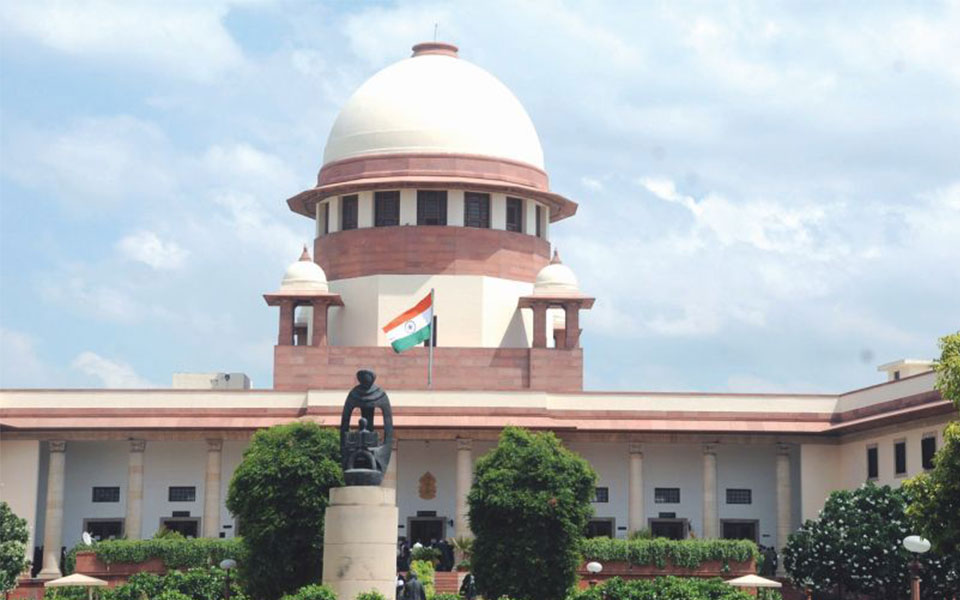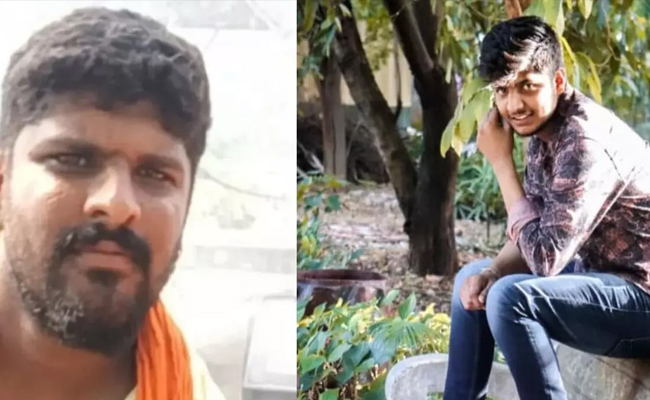New Delhi, April 23: The Supreme Court on Monday sought the Central government's response on hotelier Kesav Suri challenging Indian Penal Code's Section 377 which criminalises any sort of homosexual activity and other forms of unnatural sex.
Suri, the Managing Director of Lalit Suri Hospitality group, is also a LGBT rights activists.
As the bench of Chief Justice Dipak Misra, Justice A.M. Khanwilkar and Justice D.Y. Chandrachud tagged Suri's plea with an earlier pending challenge to Section 377, senior counsel Mukul Rohatgi urged the court to ask the government to respond to the plea.
"I want to know the Central government's stand on the constitutionality of Section 377. For one year, no reply has come," he told the bench.
The top court is already seized of the matter as it had on January 8 had said that it will re-examine its 2013 verdict upholding Section 377 that criminalises gay sex. The matter has been referred to a larger bench.
While agreeing to re-examine 2013 judgment, the court had on January 8, 2018, said observed "a section of people or individuals who exercise their choice should never remain in a state of fear".
Referring the matter to a larger bench, the court had on January 8 said: "Individual autonomy and also individual orientation cannot be atrophied unless the restriction is regarded as reasonable to yield to the morality of the Constitution."
"The morality that public perceives, the Constitution may not conceive of," the court had said making it clear that the "consent between two adults has to be the primary pre-condition. Otherwise the children would become prey, and protection of the children in all spheres has to be guarded and protected".
The top court's January 8 order had come on a petition by Sangeet Natak Akademi awardee Bharatnatyam dancer Navtej Singh Johar, celebrity chef Ritu Dalmia and others holding that Section 377 was "violative of fundamental rights under Article Article 21 (right to life)".
The top court by its 2013 order had set aside a Delhi High Court's July 2, 2009 verdict decriminalising gay sex.
NGO Naz Foundation which is seeking the scraping of Section 377 of IPC had moved the curative petition seeking a relook at its December 12, 2013 judgment and subsequent January 28, 2014 order in a review petition upholding Section 377.
Let the Truth be known. If you read VB and like VB, please be a VB Supporter and Help us deliver the Truth to one and all.
Thodupuzha (Kerala) (PTI): A 27-year-old man died after allegedly falling into an open roadside pit near Thodupuzha in Idukki district, police said on Tuesday.
The deceased was identified as Jeys Benny, a native of Muthalakkodam.
The accident occurred late Monday night when his two-wheeler plunged into the large pit dug on the side of the road as part of the construction work, they said.
Though he was rushed to a nearby hospital, his life could not be saved.
As the issue triggered heated protest, state Public Works Department (PWD) Minister Mohammed Riyas ordered a probe into the tragic incident.
He said the deputy chief engineer of the PWD has been entrusted with a probe into the incident and will take further action after receiving his report.
"Stringent measures will be taken if the negligence happened from the side of the Public Works Department," Riyas said.
In the CCTV visuals aired by TV channels, the bike could be seen plunging into the open pit.
According to local residents, the pit has been left open for over a month without adequate safety measures such as barricades or warning signs.
Following the incident, local residents staged a protest at the accident spot, alleging negligence on the part of the PWD.
Workers of the Opposition UDF also protested at the local PWD office demanding action against those responsible.





